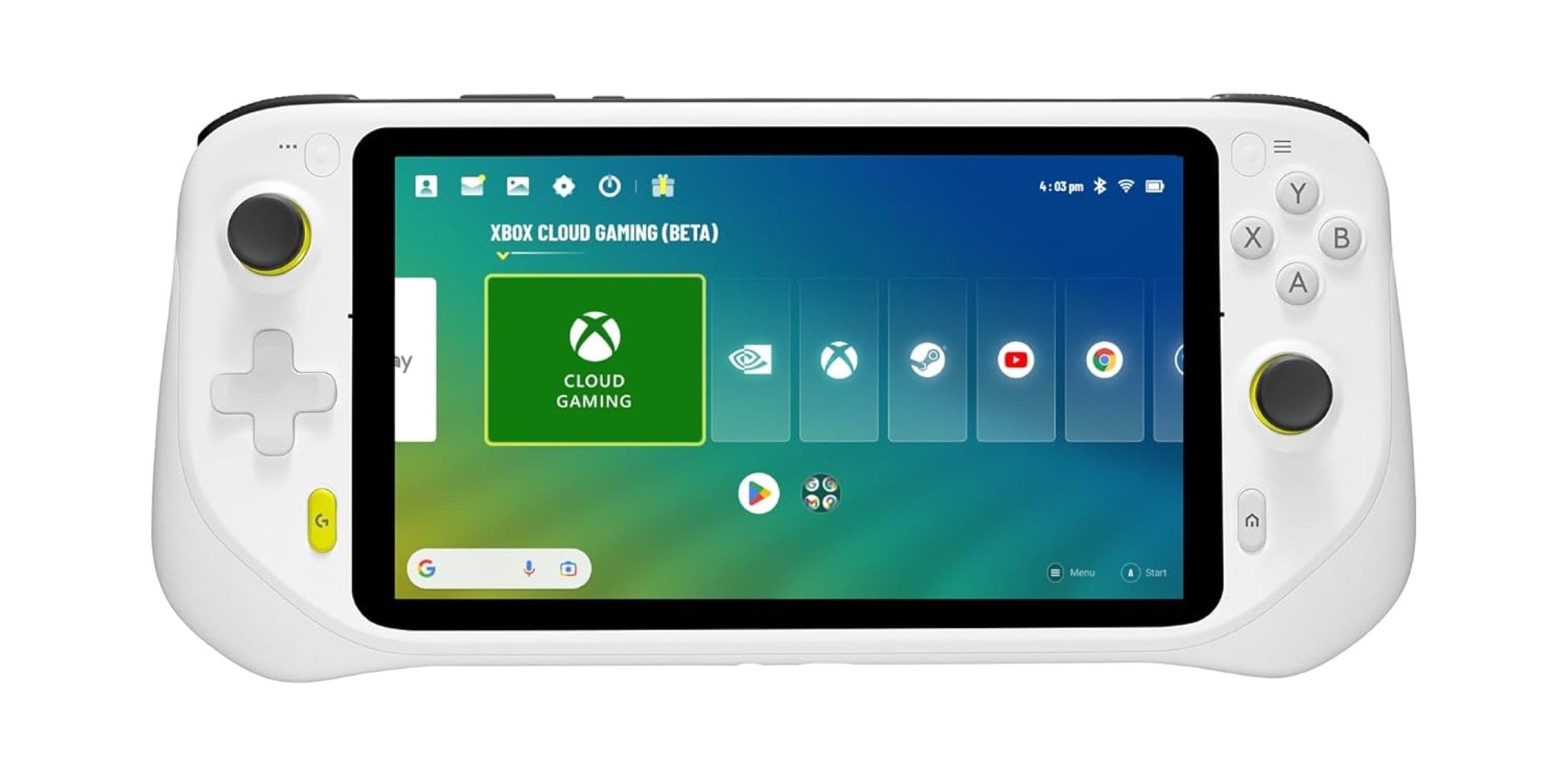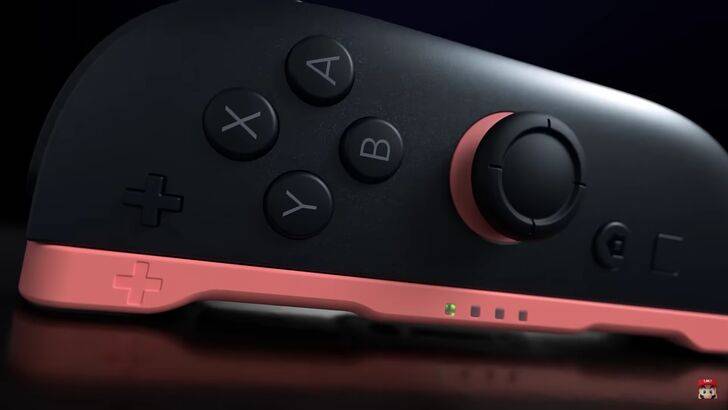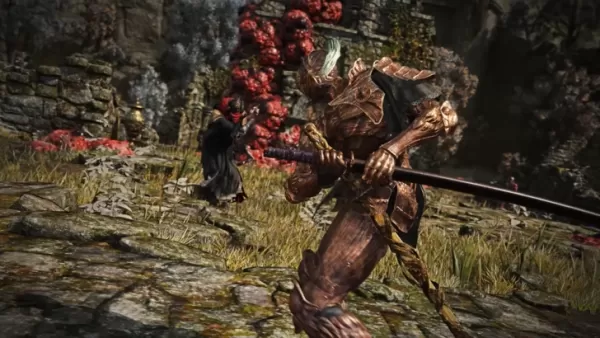Xbox, Windows Convene for Handheld Supremacy
- By Stella
- Feb 10,2025

Microsoft's Ambitious Handheld Gaming Plans: A Fusion of Xbox and Windows
Microsoft is poised to enter the competitive handheld gaming market, aiming to create a device that seamlessly blends the best features of its Xbox and Windows ecosystems. While specifics remain under wraps, the company's commitment to mobile gaming is undeniable. This move comes at a time when portable gaming is experiencing a surge in popularity, fueled by upcoming releases like the Nintendo Switch 2 and the Sony PlayStation Portal, as well as the growing prevalence of handheld PCs.
Microsoft's strategy involves leveraging its existing Xbox services, already accessible on devices such as the Razer Edge and Logitech G Cloud. However, the company plans to go a step further by releasing its own dedicated handheld console, a fact confirmed by Microsoft Gaming CEO Phil Spencer. The exact release date and design details remain undisclosed, but the company's seriousness about this venture is clear.
Jason Ronald, Microsoft's VP of Next Generation, recently hinted at a potential announcement later this year during an interview with The Verge. He emphasized Microsoft's approach: creating a unified experience by combining the strengths of Xbox and Windows. This initiative addresses a significant weakness of current Windows-based handhelds, which often suffer from clunky navigation and troubleshooting challenges when used with controllers. The goal is to make Windows feel more intuitive and Xbox-like on handheld devices.
This focus on improved functionality is key to Microsoft's handheld strategy. The company intends to optimize Windows for joystick control and streamline the overall user experience, drawing inspiration from the Xbox console operating system. This aligns with Phil Spencer's previous statements about wanting handheld PCs to feel more like an Xbox, ensuring consistent performance across various hardware platforms.
A more functional and user-friendly Windows experience could significantly differentiate Microsoft's offering in the handheld market. This is particularly important for flagship franchises like Halo, which have experienced technical issues on platforms like the Steam Deck. By creating a superior handheld environment, Microsoft aims to provide a seamless gaming experience across all its devices. While the specifics remain to be revealed, the company's commitment to enhancing the handheld gaming experience on Windows is evident. Further details are anticipated later this year.
Latest News
more >-

- Disco Elysium Successor Hopetown Revealed
- Sep 18,2025
-

-

-

-




